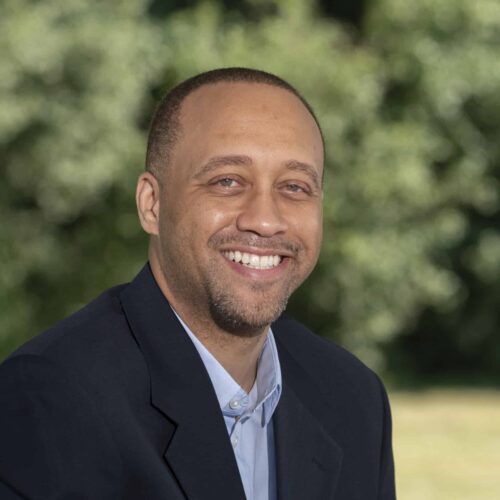Introduction
Racial, gender and economic disparities in education is a key focus of the Center for Public Integrity’s investigative journalism about the causes and effects of inequality in the U.S. Senior Reporter Corey Mitchell brings more than a decade of experience to the education beat.
Prior to joining Public Integrity, Mitchell was associate editor and a staff writer at Education Week, where he tackled stories about how race, ethnicity and immigration status affected school policy and outcomes across the country, and developed a specialty in reporting on the challenges and opportunities in teaching students with special education needs, including children with disabilities and English-language learners. Previously, he was a Washington correspondent and an education reporter for the Minneapolis Star-Tribune. His work has been recognized with awards from the Education Writers Association, National Association of Black Journalists and Society of Professional Journalists.
At Public Integrity this year, Mitchell has led a collaborative investigation, “Criminalizing Kids,” that found Black children and students with disabilities, in particular, are harmed by widespread police presence in schools.
We asked about his insights into the job and his recent work:
What inspired you to become a journalist? What keeps you inspired?
Growing up, I read my hometown newspaper religiously. I went on to work there. I loved reporting and writing but, over time, I began to notice trends pop up in my coverage and that of my co-workers: The concerns of residents in certain neighborhoods went unheard unless we turned to them for crime coverage. Poorly funded and under-resourced schools were vilified. We didn’t call out bias and racism for what it was.
When things finally clicked, I realized we weren’t doing anybody any good by providing the same coverage for the same people and relying on the same old narratives and tropes in our reporting and writing. There were deeper, more complicated stories to be told, assumptions to be challenged and inconvenient truths to be uncovered. I’ve tried to keep that on my mind ever since.
What’s important to you about Public Integrity’s mission of investigating inequality?
As journalists, we have a responsibility to do more than just report facts. Simply relying on ambiguous terms such as objectivity and newsworthiness can steer us away from what’s most important about the work. We need to document who is harmed by actions that people in power and positions of authority take. At its essence, that’s what investigative journalism is about.
You led a Public Integrity investigation into police presence in schools this year. What surprised you the most in the course of your reporting?
There are so many. But the most surprising thing may be the lack of guidelines or laws that determine what rights students have when questioned or detained by police at school. When educators turn to law enforcement and defer to their judgment, children who are accused of misbehaving or committing crimes at school have almost no protections.
Because Public Integrity is a nonprofit that doesn’t accept advertising or charge readers for our journalism, we rely in a significant way on donations from readers. What’s your pitch for why people reading this should support Public Integrity’s work?
Investigative journalism can be complex and it takes time. But it’s worth it. Our previous reporting on school policing has sparked changes to state laws in Virginia and led the Los Angeles Unified schools, the nation’s second-largest school district, to stop issuing tickets to young children for minor infractions. Laws and policies that criminalized students, many of them Black and Latino, for normal childhood behaviors were changed. I hope our latest project leads to more changes. That sort of impact happens when a news organization commits to stories that matter.
Corey Mitchell is a senior reporter at the Center for Public Integrity. He can be reached at cmitchell@publicintegrity.org. Follow him on Twitter at @C_C_Mitchell.
Help support this work
Public Integrity doesn’t have paywalls and doesn’t accept advertising so that our investigative reporting can have the widest possible impact on addressing inequality in the U.S. Our work is possible thanks to support from people like you. Donate now.
Read more in Inside Public Integrity
In public view
FOIA and fact checking: Essential to investigative reporting
A conversation with Public Integrity’s Peter Newbatt Smith.




Join the conversation
Show Comments